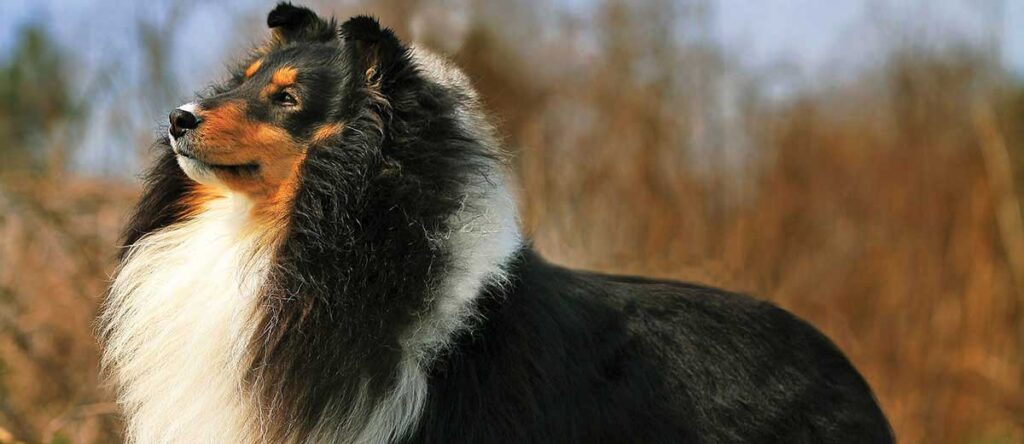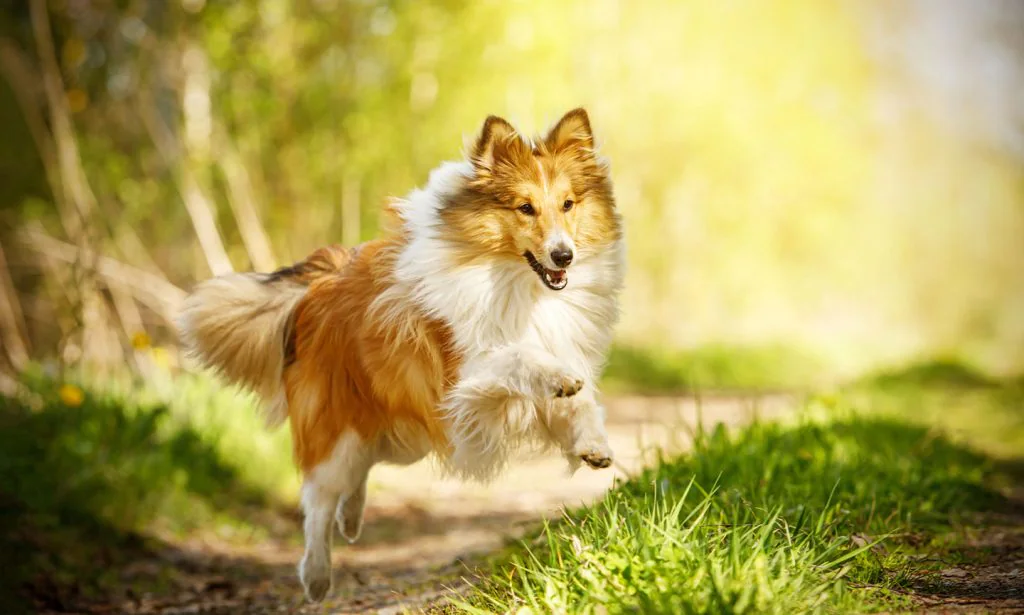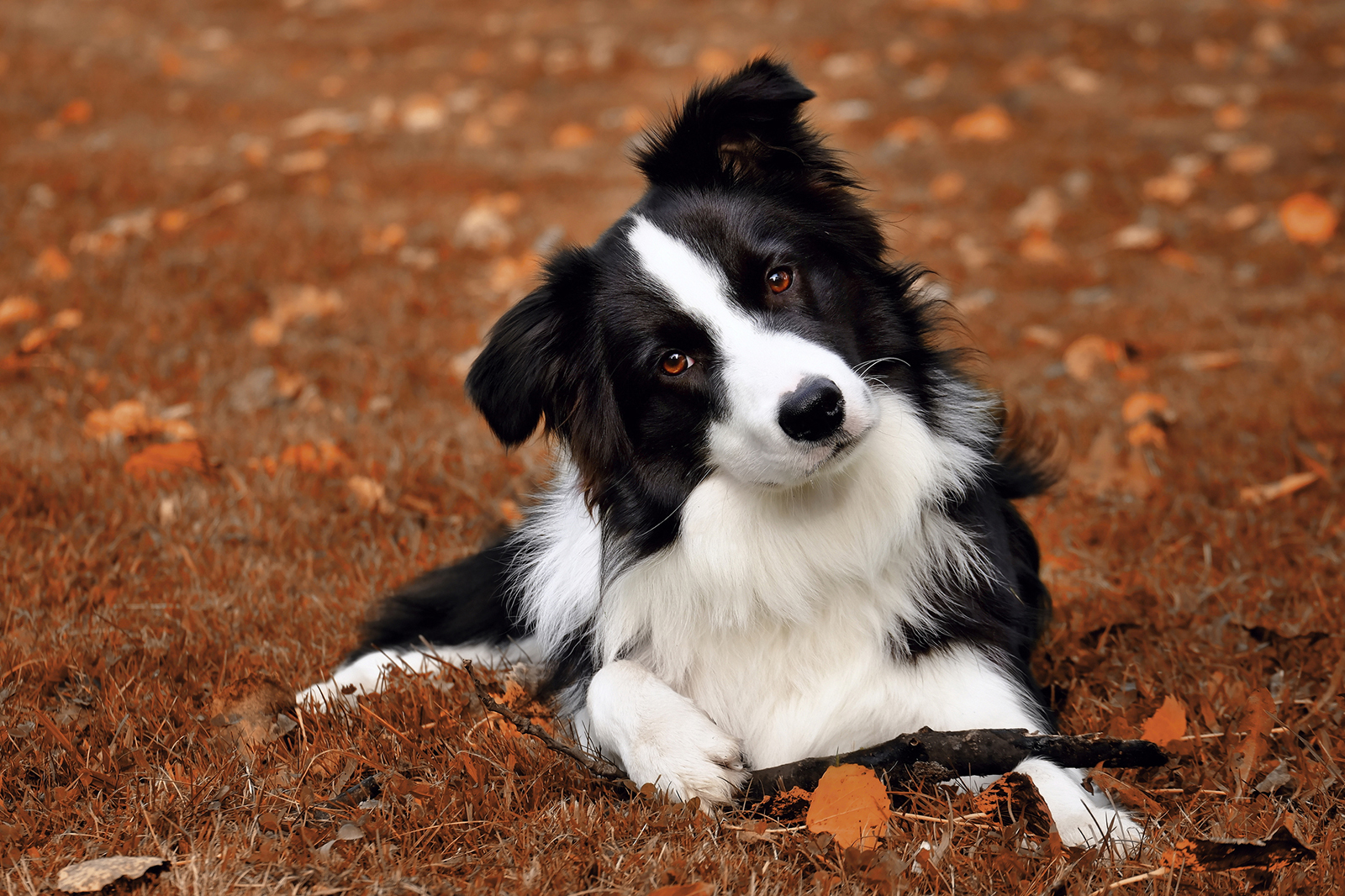Introduction
The Shetland Sheepdog, also known as the Sheltie, is a small to medium-sized herding dog breed that originated in the Shetland Islands of Scotland. They were originally bred to herd sheep, but today they are primarily kept as companion animals due to their affectionate and loyal nature. Shelties are known for their long, thick coat, which requires regular grooming to maintain. They are also intelligent and trainable, making them excellent candidates for obedience and agility training.
Shetland Sheepdog Temperament
The Shetland Sheepdog, also known as the Sheltie, is a breed known for their intelligence, loyalty, and affectionate nature. They are highly trainable and excel in obedience and agility competitions. Shelties are loyal to their families and can be reserved with strangers, but are not aggressive. They have a strong herding instinct and may try to herd people or other pets. They are adaptable to different living environments and do well in families with children.
Aggression

Shetland Sheepdogs are generally not aggressive dogs, but like any breed, they can exhibit aggressive behavior if not properly socialized or trained. Aggression in Shelties can be caused by a variety of factors, including fear, territoriality, and a lack of socialization with other dogs and people. It is important to socialize your Sheltie from a young age and provide them with positive experiences with other dogs and people to reduce the risk of aggressive behavior.
Health and Lifespan
The reported lifespan range of the Shetland Sheepdog breed is 12 to 14 years. Proper care, nutrition, and regular veterinary check-ups can help ensure your Sheltie lives a long and healthy life. Regular exercise and mental stimulation are also important for their physical and mental well-being
Food for Shetland Sheepdog
The best food for a Shetland Sheepdog will depend on their individual needs, such as age, weight, and activity level. As a breed, Shelties are prone to obesity, so it is important to choose a high-quality dog food that is appropriate for their age and activity level and to feed them in appropriate portions. Look for a dog food that lists a high-quality protein source as the first ingredient and does not contain fillers, by-products, or artificial preservatives. It is also a good idea to consult with your veterinarian to determine the best diet for your Sheltie’s specific needs.
Training for Shetland Sheepdog

To effectively train a Shetland Sheepdog, it’s important to employ positive reinforcement and be patient and consistent. Begin with basic obedience commands and socialize your dog from a young age. Seeking the assistance of a professional trainer or enrolling in a training class may be beneficial for advanced training and behavior modification. With proper training and socialization, your Shetland Sheepdog can become a well-behaved and obedient companion.
Conclusion
In conclusion, the Shetland Sheepdog is a highly intelligent and loyal breed that makes an excellent companion for those willing to provide them with plenty of exercise, mental stimulation, and love. With their striking appearance and gentle temperament, these dogs are well-suited for families with children or as a loyal companion for individuals or couples. The Shetland Sheepdog’s ability to adapt to different lifestyles and their eagerness to please their owners make them a popular choice for dog lovers around the world. If you’re considering adding a Shetland Sheepdog to your family, be prepared for a faithful and devoted friend for many years to come.




